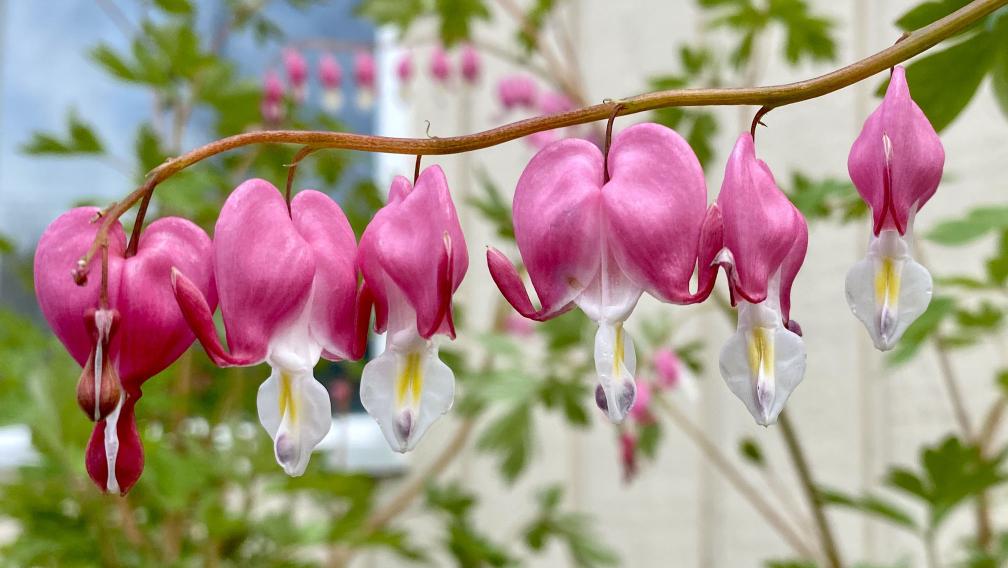I lumbered to the case and bought my precious bottled water
and he returned my change, beaming
as if I were the bright new buds on the just-bursting-open cherry trees,
as if I were everything beautiful struggling to grow,
and he was blessing me as he handed me my dime
over the counter and the plastic tub of red licorice whips.
From At the Corner Store by Alison Luterman
I’ve been enjoying a television series called Midnight Diner. Each episode offers a little vignette about universal human longings. It takes place in a simple after-hours diner in Tokyo where up to a dozen guests sit down at the square counter and call out their order — usually a food of some kind that brings back tender memories of home. Most of the quiet action of each episode happens on this small set. The chef, whom they call “Master,” is a man of few words.
What the master offers — in addition to small, artfully prepared dishes — is a deep sense of quiet presence to the diners, an intuitive sense of their loneliness, their sadness, their choices, missed opportunities, strained family ties, moral struggles, and more. And when he does speak, with only a few gentle words or facial expressions, the master sets a tone for the other diners to interact with tender interest and nonjudgmental receptivity, regardless of the monologues they are witnessing.
The Midnight Diner show has been, for me, a beautiful way to reflect on healing — what heals, what needs healing, how God heals in loving encounters such as these, and how healing it is to have our stories heard and witnessed, with patient receptivity and without advice.
The chef character has become a mentor of mine, in a sense, reminding me to talk less, to listen more, and to think of my spiritual life as a school for growing in heartfelt, egoless compassion. To think of my spiritual life as a school for cultivating the witnessing self — witnessing to myself and my own struggles, as well as to those of others. Somehow, the master manages to convey a sense of belonging, a sense of the universality of suffering, and a reminder that we are not what we do, the mistakes we have made, or the grief we are holding. No one who enters the Midnight Diner is ever quite the same.
We are not what we do, the mistakes we have made, or the grief we are holding.
In Alison Luterman’s poem At the Corner Store, the holy place is just down the block. At the store counter, another master witnesses to her grief with his very presence. It recalls the words of Maya Angelou: “People don’t remember what you did or said, but how they made you feel.” This cashier makes her feel fully seen and cherished. How could he have known her pain when he greeted her “like a long-lost daughter”? She describes the healing effect of their warm and graceful encounter in beautiful and universalizing detail. Consequently, her eyes are opened to see her own life with greater compassion, and her heart is opened to the awareness of other lives dancing — and barking — around her!
Where the Midnight Diner episodes end with recitation of a simple, traditional Japanese recipe, Luterman’s poem ends with a praise song to God in all forms — and with recognition that the eyes and hands of the Divine Presence are everywhere.
That we can heal one another with so little, that we can be God for one another, is for me one of the great miracles of this life. Alleluia!
—Dr. Kathy Bozzuti-Jones and the Faith Formation and Education team
Dr. Kathy Bozzuti-Jones is Trinity’s Associate Director, Spiritual Practices, Retreats, and Pilgrimage.
Photo by Dr. Kathy Bozzuti-Jones.
Get Monthly Faith Reflections In Your Inbox
Sign up to receive reflections and updates from the Faith Formation & Education team.
